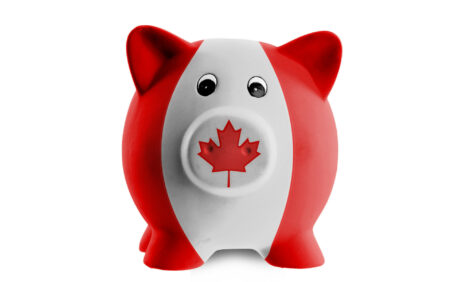



Ethanol Undermines Canada Hog Farm Rescue
CANADA - Canada's rescue plan for the hog industry will fail to work because the government continues to support ethanol production, the industry's rival for feed grain supplies, a report by an independent farm research centre said on Wednesday.The Canadian government said on Saturday it will pay some farmers to stop raising hogs and offer loans to help others restructure. Canada's hog industry is in crisis, with high feed prices, a buoyant Canadian dollar, fears about H1N1 flu and a US food labelling law making pig farming unprofitable.
A mandate from the Canadian government, starting next year, that oil companies must market fuel with 5 per cent renewable content, has spurred rapid expansion of ethanol production. That's driving up prices of corn and feed wheat, from which ethanol is produced and which farmers feed to cattle and pigs.
"Rarely have two elements of Canadian public policy been so profoundly at odds with one another," the report from the George Morris Centre said. "...There is something singularly perverse about giving false hope and setting an industry up to fail."
About 1.7 billion litres (0.45 million gallons) of Canadian ethanol production exists or is planned, owned by companies like Husky Energy, Iogen Corp and Suncor.
Ethanol development in Canada will force farmers to import feed, which will become more expensive relative to US feed costs, said Al Mussell, the report's co-author, in an interview.
"The pork segment should see the grain-based ethanol industry for the menace it is," the report said.
American hog farmers are also struggling and blame ethanol expansion in part, reports Reuters.
But the Canadian industry is more vulnerable to higher feed prices because corn is a relatively small crop in Canada, while the US exports it, Mr Mussell said.
The government's aid package won the support of two of Canada's biggest farm groups, the Canadian Pork Council and Canadian Federation of Agriculture, which said the loans will give farmers time to regroup. Lower hog production is also seen as a way to support prices.








